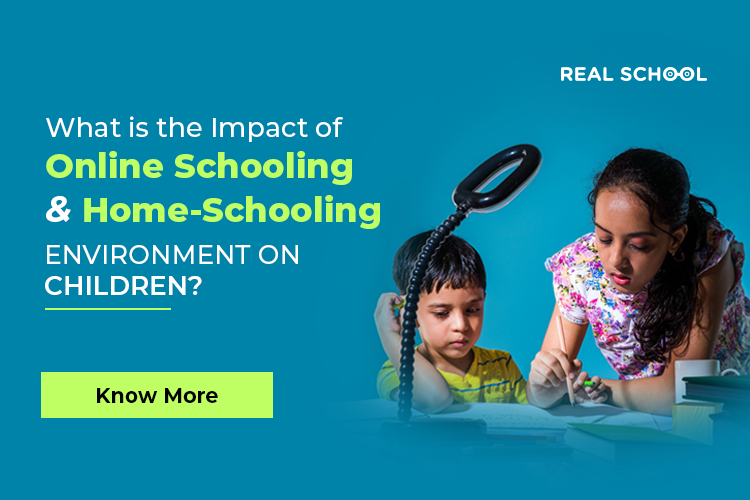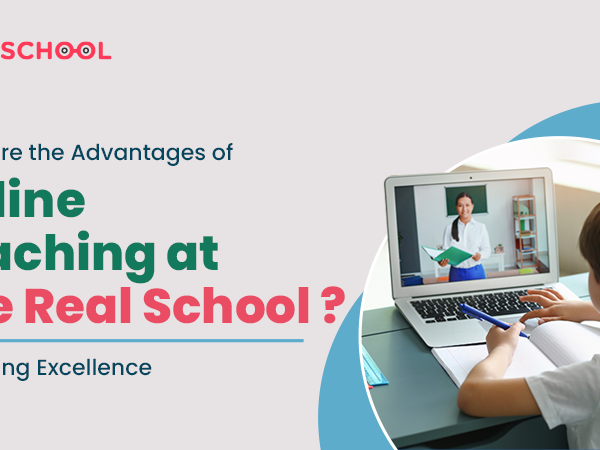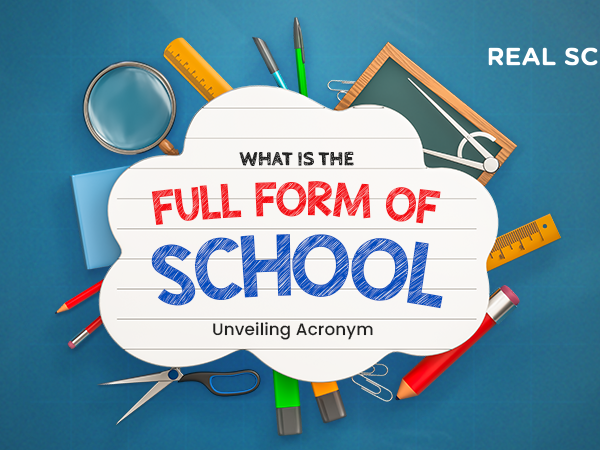A homeschool environment offers many benefits, including flexibility, individual attention, and the ability to tailor the education to the child’s needs and interests. However, it also requires a significant commitment from parents and caregivers, as well as a willingness to take on the role of the teacher.
If you are looking for the impact of online schooling and home-schooling, this article is the best advice for you. You can go through the environment of children. improved quality of education, home school environment, and the impact of online school. Let’s go ahead and read the blog.
Also Read: Science Games for Kids: Kids Online Activities Ideas
Homeschooling: Improved Quality of Education
The COVID-19 pandemic has forced schools to shut down across the world, leading to an unprecedented rise in online schooling and homeschooling. With the shift from traditional classroom learning to online learning and home-based education, concerns have been raised about the impact of this new learning environment on children’s education and well-being. In this article, we will discuss the impact of online schooling and homeschooling on children.
Online School
Online schooling has become the new normal for many children since the pandemic hit. The online learning environment has some advantages over traditional classroom learning, such as flexibility in scheduling, convenience, and access to a broader range of educational resources. However, it also presents some challenges that can affect a child’s academic performance and overall well-being.
One of the significant drawbacks of online schooling is the lack of social interaction. Children who attend school in a traditional classroom environment have the opportunity to socialize and interact with their peers, which is essential for their social and emotional development. Online schooling can lead to social isolation, which can have negative effects on a child’s mental health.
Another challenge of online schooling is the lack of structure. Children who attend school in a traditional classroom have a set schedule that helps them develop good time management skills. With online schooling, children may have more flexibility in their schedules, but this can also lead to a lack of structure, which can be detrimental to their academic performance.
Also Read: Summer Camp Activities for 3-5-Year-Olds: Kids Online Schooling Facilities
Home-Schooling
Homeschooling is a form of education where parents take on the role of the teacher and educate their children at home. Homeschooling has become increasingly popular in recent years, and the pandemic has accelerated its growth. Homeschooling can offer many advantages, such as personalized instruction, flexibility in scheduling, and the ability to tailor the curriculum to the child’s needs and interests.
However, homeschooling also presents some challenges. One of the most significant challenges is the lack of social interaction. Homeschooled children may have fewer opportunities to socialize and interact with their peers, which can negatively impact their social and emotional development.
Another challenge of homeschooling is the lack of access to resources. Children who attend school in a traditional classroom have access to a wide range of educational resources, such as textbooks, libraries, and computer labs. Homeschooled children may not have access to these resources, which can limit their educational opportunities.
Home School Environment
A homeschool environment refers to the learning environment created by parents or guardians who choose to educate their children at home rather than sending them to a traditional public or private school. In a homeschool environment, parents take on the role of the teacher and create a learning environment that is tailored to the unique needs and interests of their child.
A homeschool environment can take many forms, depending on the family’s preferences and resources. Some families create a designated space for learning within their home, such as a home office or a dedicated classroom. Others may use various areas of the home, such as the kitchen table or living room, as their learning space.
In a homeschool environment, parents have the flexibility to choose their curriculum, teaching methods, and learning materials. This allows them to tailor the education to their child’s individual needs and interests. For example, if a child has a particular interest in science, parents can focus more on science-related topics and activities.
Parents in a homeschool environment also have the freedom to create a schedule that works best for their family. This can include allowing for more time for field trips, extracurricular activities, or other educational opportunities outside of the home.
One of the significant benefits of a homeschool environment is the level of individual attention and support that children receive. With one-on-one instruction, parents can identify and address any learning difficulties or challenges that their child may have more easily. This can lead to a more personalized learning experience and can help children progress at their own pace.
Also Read: Educational Activities for Kids: Learning Activities for Kids
Conclusion
Online schooling and homeschooling have become increasingly popular in recent years, and the pandemic has accelerated their growth. Both forms of education have their advantages and disadvantages, and parents must carefully consider the impact of these learning environments on their children’s education and well-being.
Parents who opt for online schooling or homeschooling must find ways to ensure their children have access to social interaction, educational resources, and structure. Additionally, parents should also monitor their children’s mental health and academic progress to ensure they are thriving in their learning environment. Ultimately, the success of online schooling and homeschooling depends on the child’s unique needs, learning style, and support from their parents and educators. Visit the Real School website for more content.







